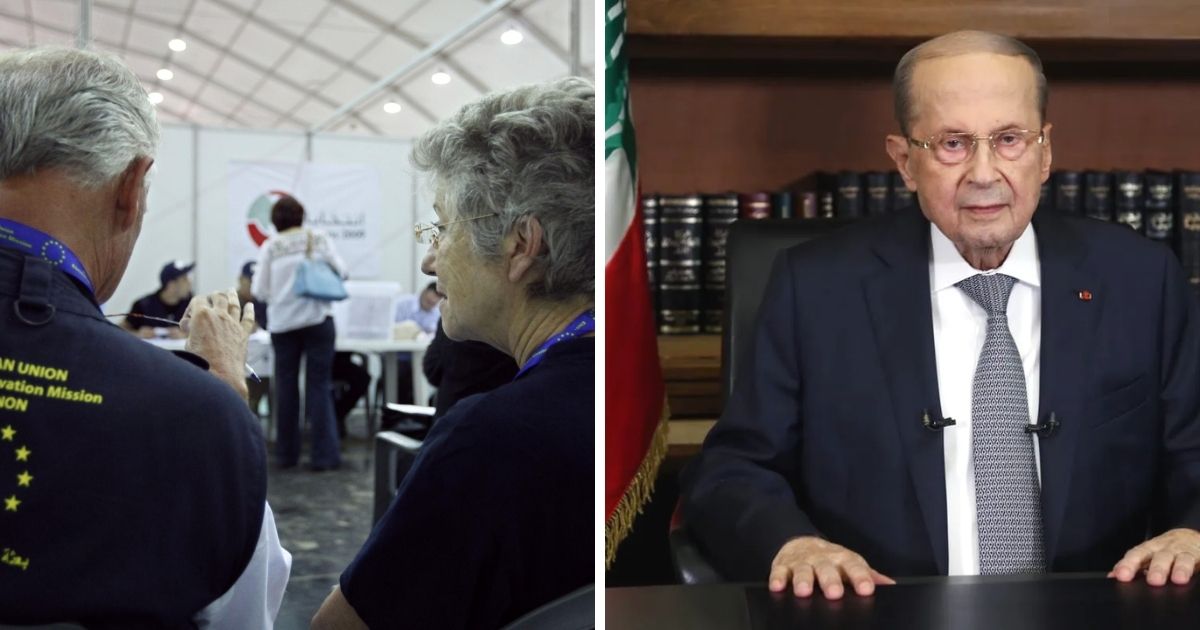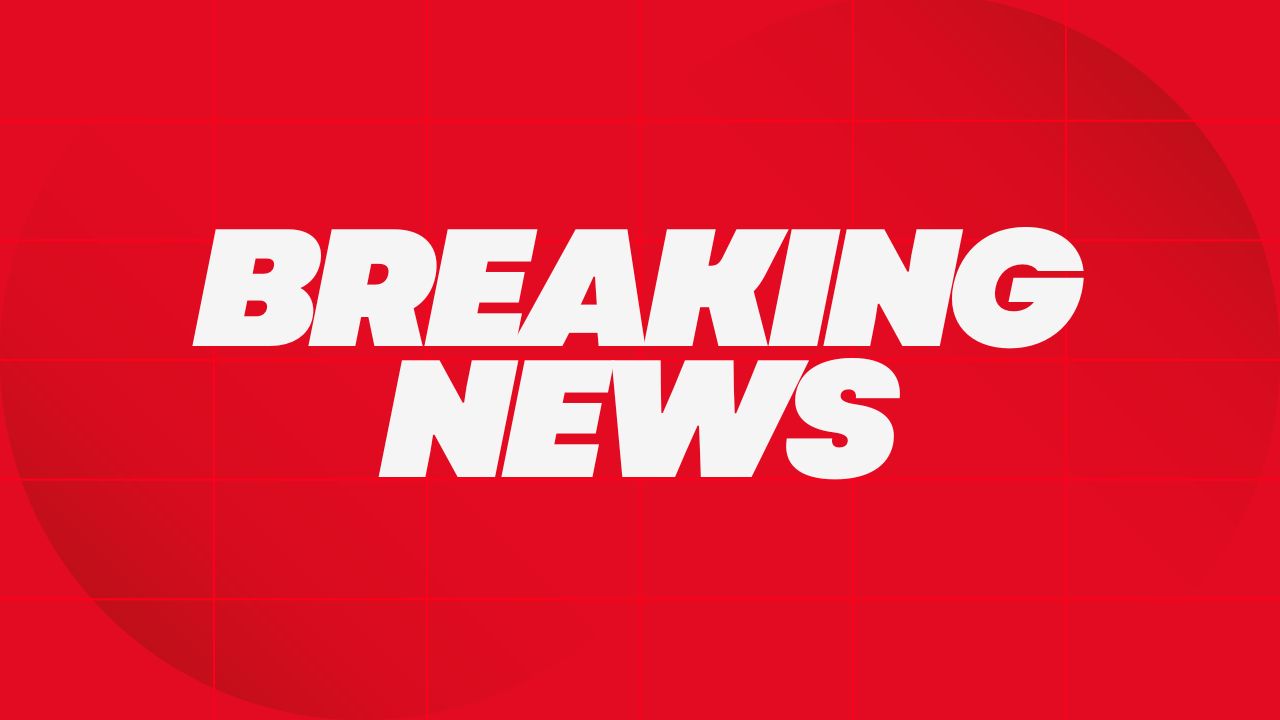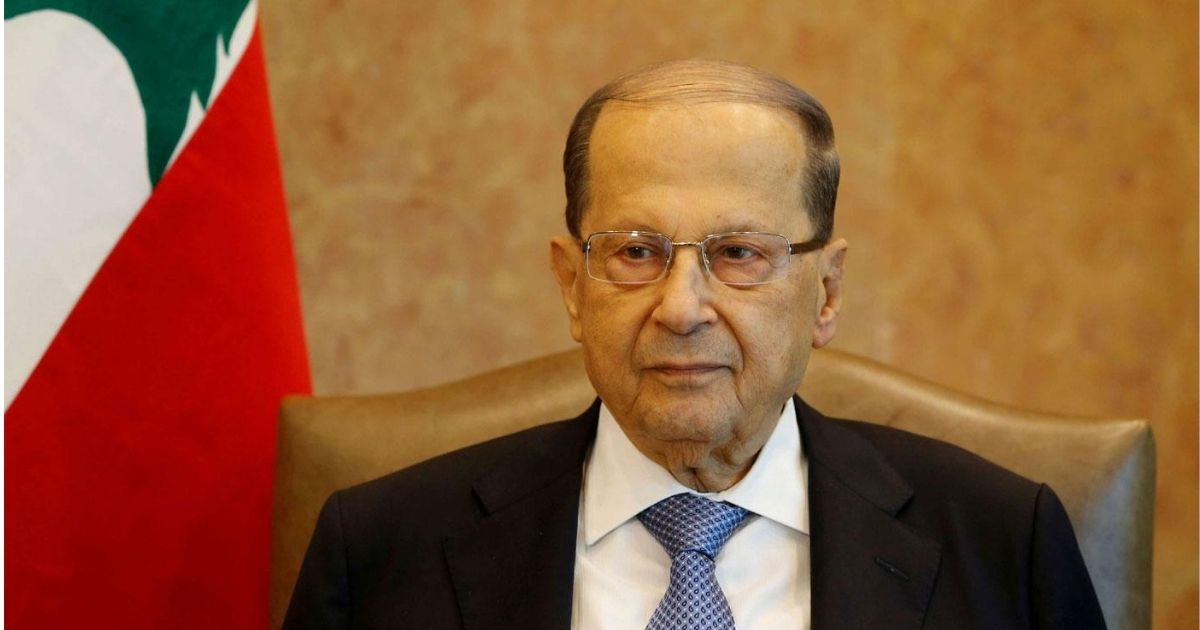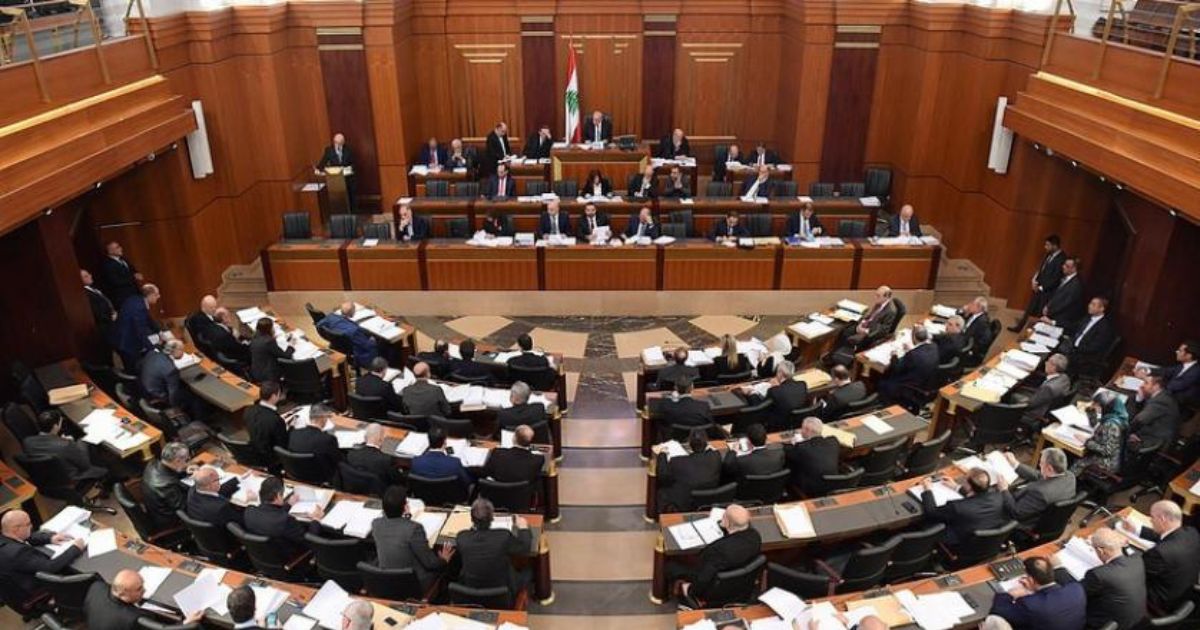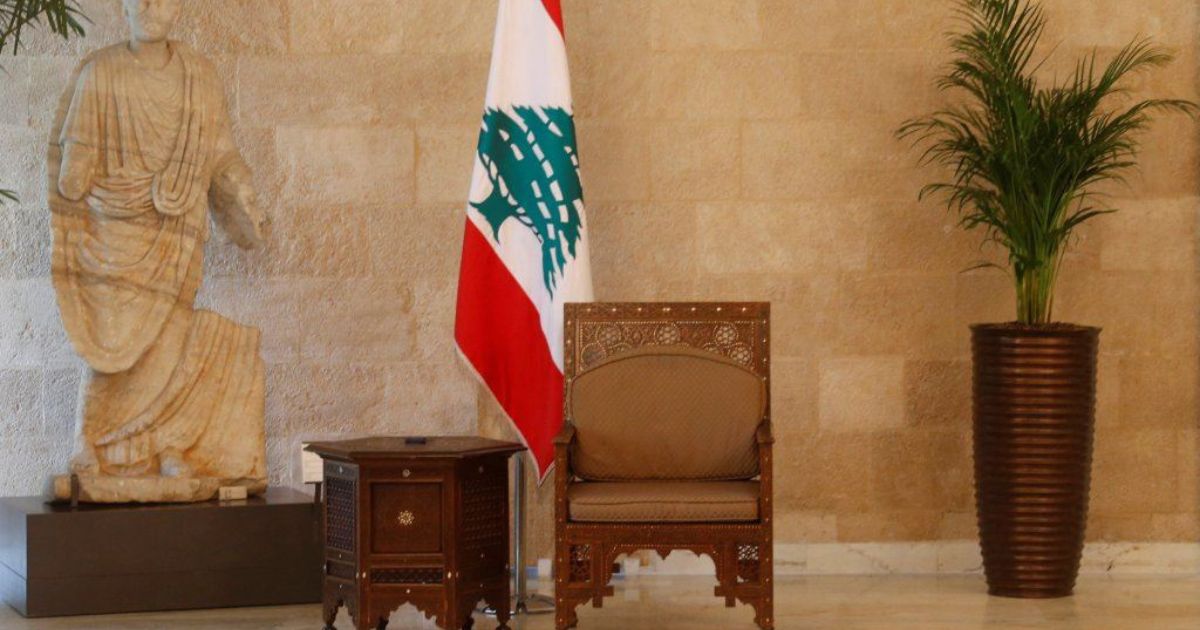On Friday, the Lebanese president, Michel Aoun, criticized the use of bribery in the 2022 parliamentary elections. This came during his meeting with a delegation of the European Union Election Observation.
“There are candidates for the parliamentary elections who take advantage of the difficult economic and social conditions that the Lebanese are currently going through and pay money to confiscate their options, which are supposed to be free from any restrictions,” he said, adding that the bribery money comes from outside Lebanon.
“These practices will negatively affect the democratic practice of the elections and possibly their results,” he said, urging to prevent their continuation.
President Aoun confirmed that all the preparations for the upcoming election are completed, adding that, after the end of the election, “a new government would be formed to complete the reform steps initiated by the current government.”
Bribery in Lebanon is nothing new, and more particularly so during elections time when rich or funded candidates proceed in “buying votes”, targetting poor and neglected areas and communities and people in need.
Some voters, and not necessarily in need, do wait for this event to “catch the bonus” as it is usually said. However, whether these “bonus seekers” would vote or not for the candidate is uncertain.
On the other hand, with Lebanon’s ongoing inflation and crises, including the increase in unemployment rates (by three-fold), more people could trade their political affiliations or votes for their families’ dire needs, namely food and medication.
The voting process itself is being monitored, starting in the diaspora last week and yesterday in Lebanon with the electoral staff casting their votes ahead of the Election Day of May 15th.

30 Long-Term Observers (LTOs) have already been deployed across Lebanon by the European Union Election Observation Mission (EU EOM) to monitor the elections.
On the voting day (May 15), the observation monitors will include 150 observers from all 27 EU member states, Norway, and Switzerland.
When concluding the mission, the EU EOM will publish statements of preliminary conclusions, which will be presented on May 17. Later, a final report will be handed out based on recommendations on how to improve the electoral processes in Lebanon.
